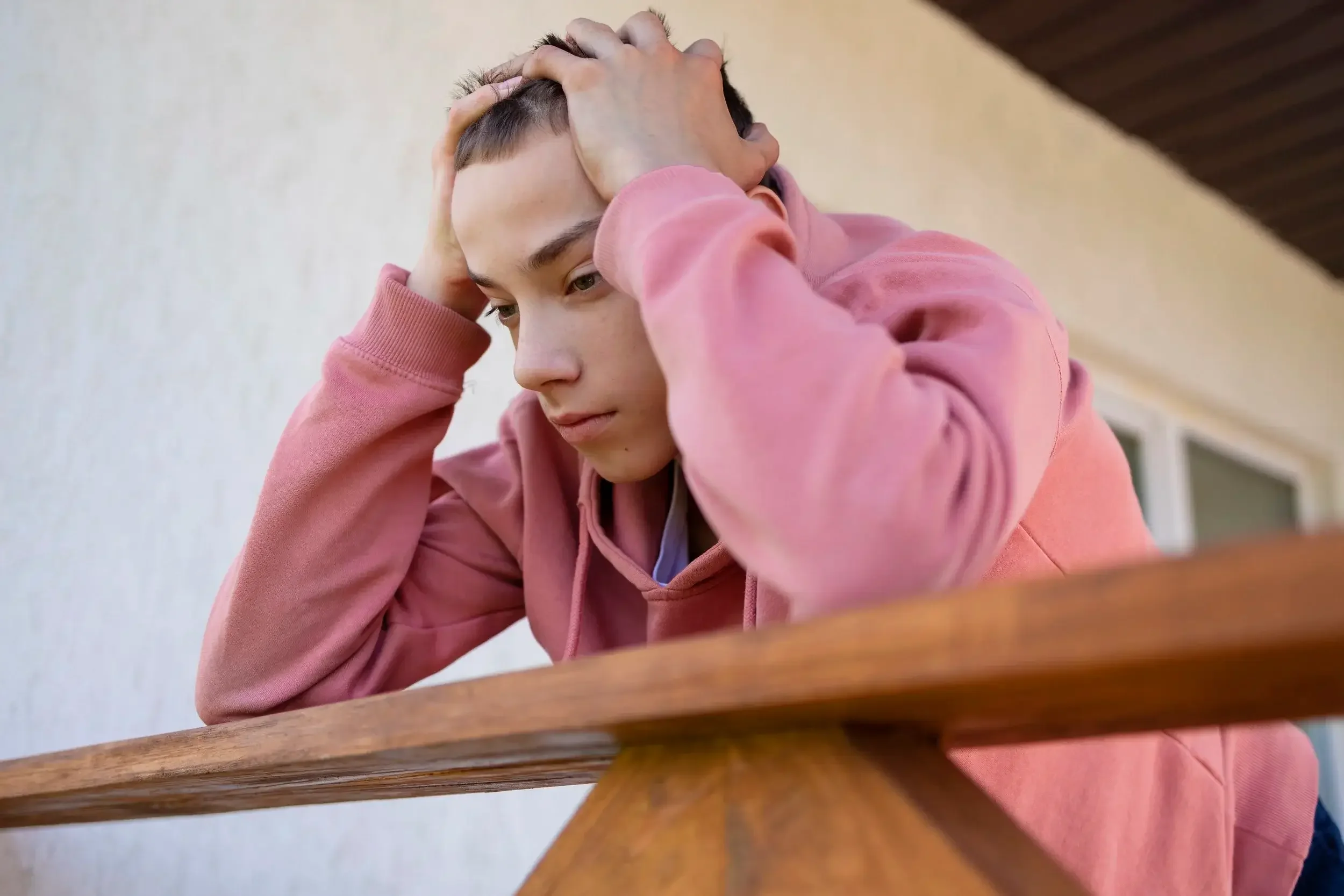
Welcome to the Bridge The Gap Blog
By Lyle Wick McClain, LMFT, LPCC, LAADC & Sally McClain, LCSW
Actionable guidance for struggling young adults and their parents.
Categories:
Search:
Why Family Integration Is Essential for Lasting Change
Lasting change happens when families heal together, not alone. Learn how a family systems approach supports connection, emotional safety, and whole-family growth.
Can a Family Survive Addiction? Relationship Tips & Strategies
Can a family survive addiction? Yes, with the right support, boundaries, and honest communication, families can heal and rebuild trust together.
Executive Dysfunction in Young Adults: Signs, Struggles, and Support Options
Executive dysfunction can make daily life overwhelming for young adults, affecting confidence and independence. With executive functioning support, they can improve organization, time management, and daily success.
Pink Clouding in Recovery: What It Is and How to Navigate It
Pink Clouding in Recovery often brings hope, energy, and relief early on. Understanding this phase helps protect long-term recovery and prevent overconfidence.
Social Skills, Structure, and Stability: What Teens Really Need to Thrive
Teens thrive when social skills development is supported by structure and emotional stability. Learn how consistent support builds confidence, resilience, and long-term well-being.
Healthy Boundaries at Home: A Guide for Parents of Teens and Young Adults in Crisis
Raising a teen or young adult in crisis can leave parents feeling exhausted and unsure. This guide explains how healthy family boundaries reduce conflict, rebuild emotional safety, and strengthen relationships at home.
Post-Holiday Blues in Recovery: Why They Happen and How to Stay Grounded
Post-Holiday Blues in Recovery are common and often misunderstood. This guide explains why they happen and how to stay grounded as routines return.
The Step-Down Strategy: How Concierge Mental Health Support Eases the Transition From Rehab
Learn how concierge addiction recovery support at home offers high-touch structure, safety, and continuity after rehab, reducing relapse risk and easing the transition back to real life
Why Executive Function Coaching is the Missing Link in ADHD Adult Care
Executive functioning coaching helps adults with ADHD bridge the gap between intention and action. Learn why coaching offers the structure, skill-building, and accountability missing from traditional care.
Home for the Holidays? Providing In-Home Support to a Young Adult After Treatment
Bringing a young adult home after treatment? Discover how in-home support for mental health, realistic expectations, and family care can make the holiday transition safer and more stable.
Surviving the Holidays: Crisis Stabilization Tips for Families in Mental Health Turmoil
When holidays stir up mental health crises, crisis stabilization services offer families grounded support, safety, and relief in the hard moments.
How Can You Stay Sober at Social Events Without Feeling Left Out?
Staying sober at social events doesn’t mean missing out on fun or connection. With preparation and support, you can enjoy gatherings confidently while protecting your recovery.
How Parents Can Recognize the Signs of a Struggling Young Adult?
Many young adults today face emotional overwhelm, anxiety, and burnout as they navigate independence. Learn how to recognize early warning signs and support your child through this challenging stage of life.
How Does a Sobriety Coach Support Relapse Prevention?
A sobriety coach provides structure, accountability, and emotional guidance for individuals in recovery. Discover how this vital support system helps prevent relapse and rebuild confidence.
What Parents Should Know About Struggling Young Adults in Gen Z
Gen Z young adults face unique emotional and social challenges shaped by technology, uncertainty, and pressure to succeed. Learn how parents can offer understanding, structure, and support to help them thrive.
Structured Clinical Mentorship for Adolescent Recovery
A structured clinical mentorship program helps teens connect recovery goals to daily life through consistency, accountability, and support. Discover how mentorship builds emotional resilience and independence for lasting adolescent recovery.
Concierge Clinical Mentorship Program for Teens
A concierge clinical mentorship program offers teens personalized guidance, structure, and emotional support beyond traditional therapy. Learn how this one-on-one model builds resilience, accountability, and confidence for lasting growth.
Therapeutic Supervision vs. Clinical Coaching: What’s the Difference?
Therapeutic supervision and clinical coaching both promote growth, but they serve different purposes. Learn how each supports emotional healing, skill-building, and long-term progress.
Failure to Thrive Syndrome and How Families Can Respond with Support
Failure to thrive syndrome goes beyond physical growth; it reflects emotional and developmental struggles that keep young people feeling stuck. This guide helps families understand the syndrome and respond with empathy, structure, and support to foster lasting change.
Clinical Guidance for Families and Coaches Supporting Long-Term
Learn how clinical guidance helps families and coaches support long-term recovery without enabling, providing structure, life skills, and emotional resilience.





















